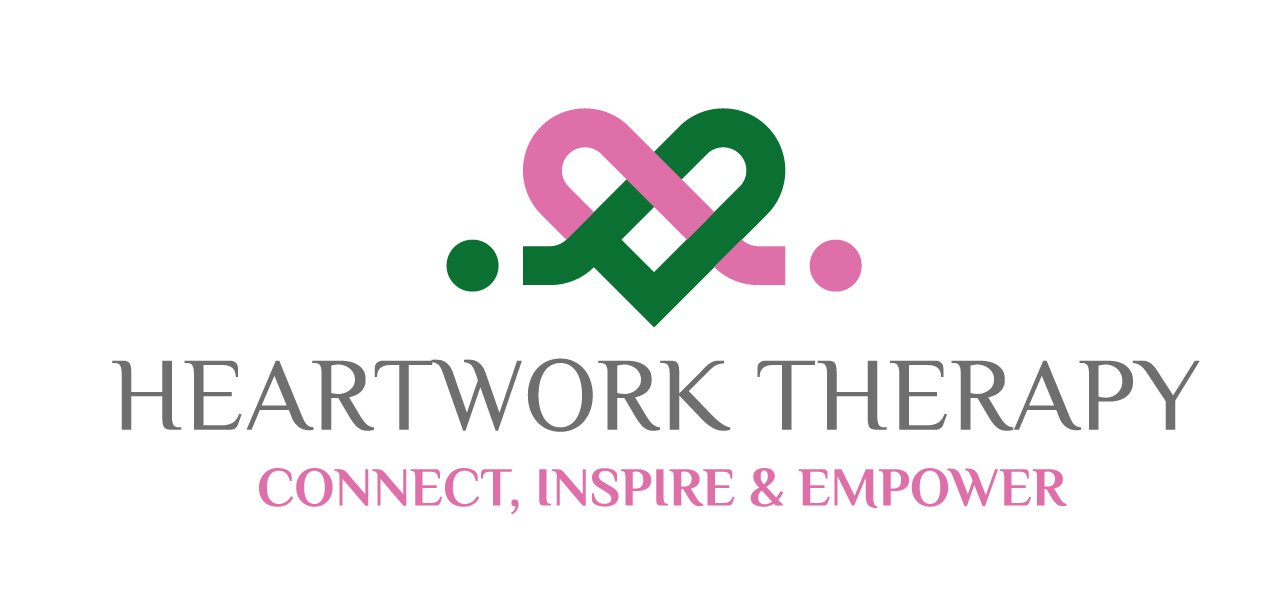It seems that more and more children are experiencing anxiety. I have worked with children as young as 6 years old helping them manage their anxiety.
What is anxiety?
When we feel stressed, in a dangerous or unfamiliar situation our body and mind will react by feeling anxious. It’s the sense of uneasiness, distress or dread you feel before a significant event. A certain level of anxiety helps us stay alert and aware, but for those suffering from an anxiety disorder, it feels far from normal – it can be completely debilitating.
Different types of Anxiety
- Obsessive – compulsive and related disorders – Characterized by obsessive, intrusive thoughts ( e.g constantly worrying about staying clean, or about one’s body size) that trigger related compulsive behaviours ( e.g. Repeated hand- washing or excessive exercise). By doing these activities it helps to alleviate the anxiety associated with the obsessive thoughts.
- Anxiety disorders – Worrying about the future, excessive fear (e.g emotional response to perceived or real threat) can have negative behavioural and emotional consequences.
- Trauma- and stressor- related disorders – related to the experience of a trauma (e.g, unexpected death of a loved one, a car accident, bullying or a violent incident like war or sexual assault or stressor (e.g. family breakup, relationship breakdown, divorce, beginning college, moving)
When we feel anxious, we sometimes lose control of our body by going into ‘fight, flight or freeze’ response. Fight, flight, or freeze is designed to protect ourselves from danger. When we feel under threat our bodies react by releasing certain hormones, such as adrenaline and cortisol which can be helpful. The hormones are designed:
- Make us feel more alert, so we can act faster.
- Make our hearts beat faster, quickly sending blood to where it’s needed most.
Once we feel the threat has passed, our bodies release other hormones to help our muscles relax. This can sometimes cause us to shake and feel overwhelmed. This is called the flight, flight or freeze response.
When our bodies do not come back to its natural state and we stay in a place of stress, we begin to feel anxious on a regular basis and this can lead to panic attacks.
There are different things you can do to help manage your Anxiety and it is best to try some to see what works for you. Everyone is different so it’s important to find out what works for you.
Here are some ideas.
- Breathing
- Journalling
- Meditation
- Yoga
Remember its ok to not be ok. Anxiety can be very difficult to manage at times and its important to find out what triggers you so you can learn how to manage it.
Unsure how to help your child book your Free 30 Min Connection Call Enquiries@heartwortherapy.co.uk and lets work through your anxiety together.

